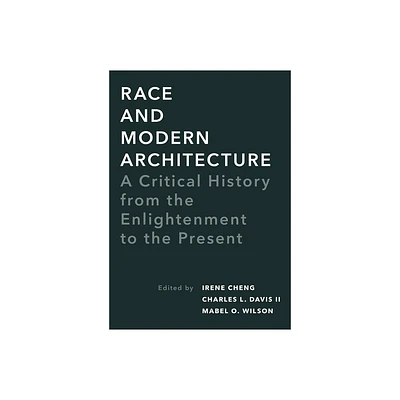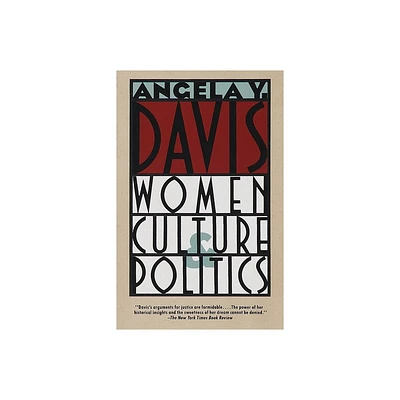Home
Culture, Politics and Race the Making of Interpersonal Psychoanalysis: Breaking Boundaries
Loading Inventory...
Barnes and Noble
Culture, Politics and Race the Making of Interpersonal Psychoanalysis: Breaking Boundaries
Current price: $170.00


Barnes and Noble
Culture, Politics and Race the Making of Interpersonal Psychoanalysis: Breaking Boundaries
Current price: $170.00
Loading Inventory...
Size: Hardcover
*Product Information may vary - to confirm product availability, pricing, and additional information please contact Barnes and Noble
Winner of the 2023 American Board & Academy of Psychoanalysis Book Prize!
Culture, Politics and Race in the Making of Interpersonal Psychoanalysis
traces the emergence of Interpersonal Psychoanalysis and demonstrates how the radical, cross-disciplinary dialogues that form its foundation are relevant to present-day social and cultural challenges.
Psychoanalysts today are grappling with how to address a host of societal and political crises. In the 1930s, a similar set of crises led a group of progressive practitioners and scholars to engage in a radical, cross-disciplinary dialogue that became the foundation for Interpersonal Psychoanalysis. Pioneering psychoanalysts created a form of thought and practice that viewed human suffering through the wider lens of society and culture and provided a means to address the pervasive issues of racism, sexuality and politics in human experience. With contributions from leading psychoanalysts and scholars, and by making use of original sources, this book evidences the significance of this approach to understanding marginalisation today.
Written in an open and accessible fashion,
demonstrates the importance of the early interpersonal-cultural school for the present moment. The book will appeal to a broad audience in psychoanalysis and psychotherapy, the history of medicine, and social and cultural theory.
Culture, Politics and Race in the Making of Interpersonal Psychoanalysis
traces the emergence of Interpersonal Psychoanalysis and demonstrates how the radical, cross-disciplinary dialogues that form its foundation are relevant to present-day social and cultural challenges.
Psychoanalysts today are grappling with how to address a host of societal and political crises. In the 1930s, a similar set of crises led a group of progressive practitioners and scholars to engage in a radical, cross-disciplinary dialogue that became the foundation for Interpersonal Psychoanalysis. Pioneering psychoanalysts created a form of thought and practice that viewed human suffering through the wider lens of society and culture and provided a means to address the pervasive issues of racism, sexuality and politics in human experience. With contributions from leading psychoanalysts and scholars, and by making use of original sources, this book evidences the significance of this approach to understanding marginalisation today.
Written in an open and accessible fashion,
demonstrates the importance of the early interpersonal-cultural school for the present moment. The book will appeal to a broad audience in psychoanalysis and psychotherapy, the history of medicine, and social and cultural theory.


















